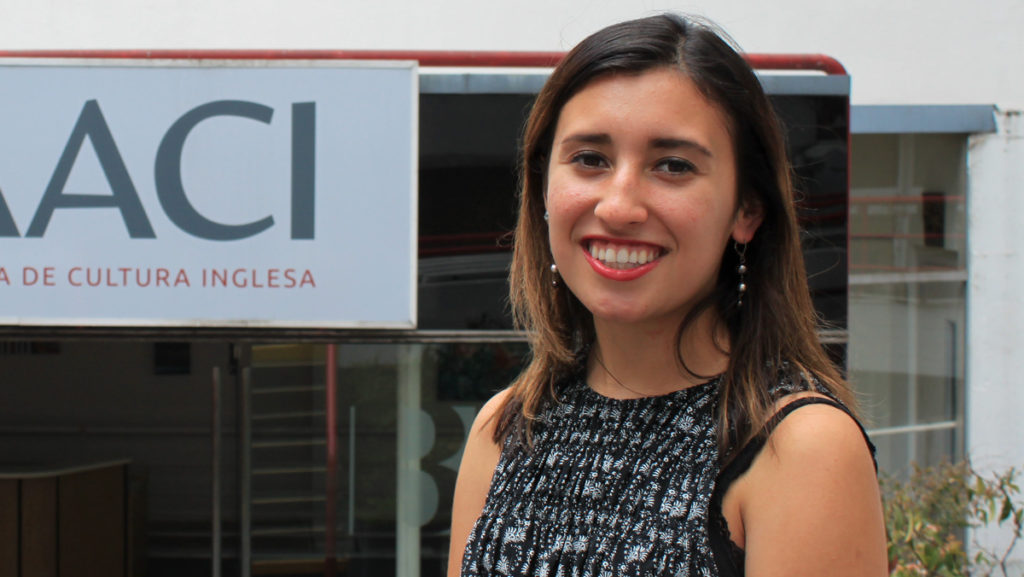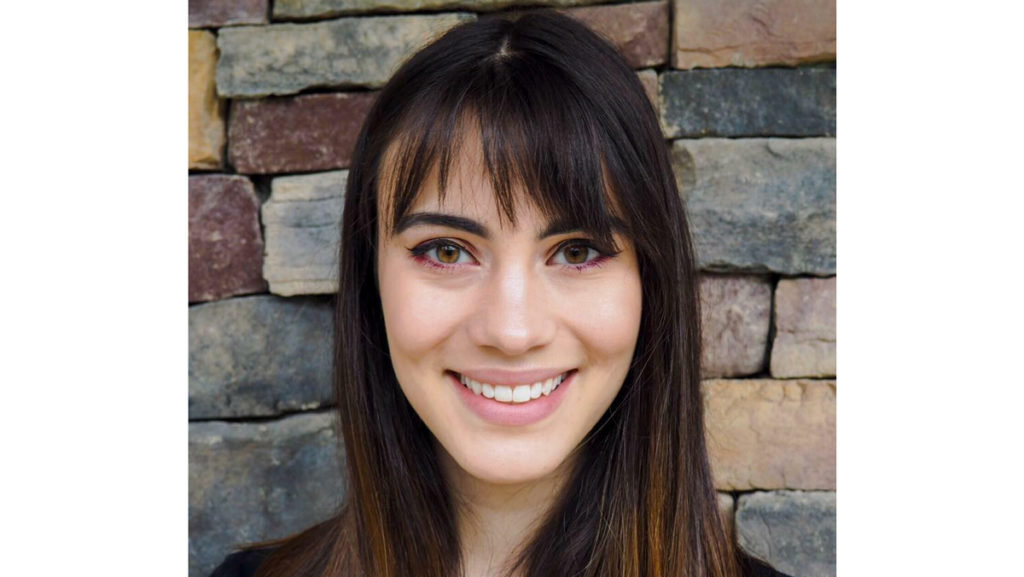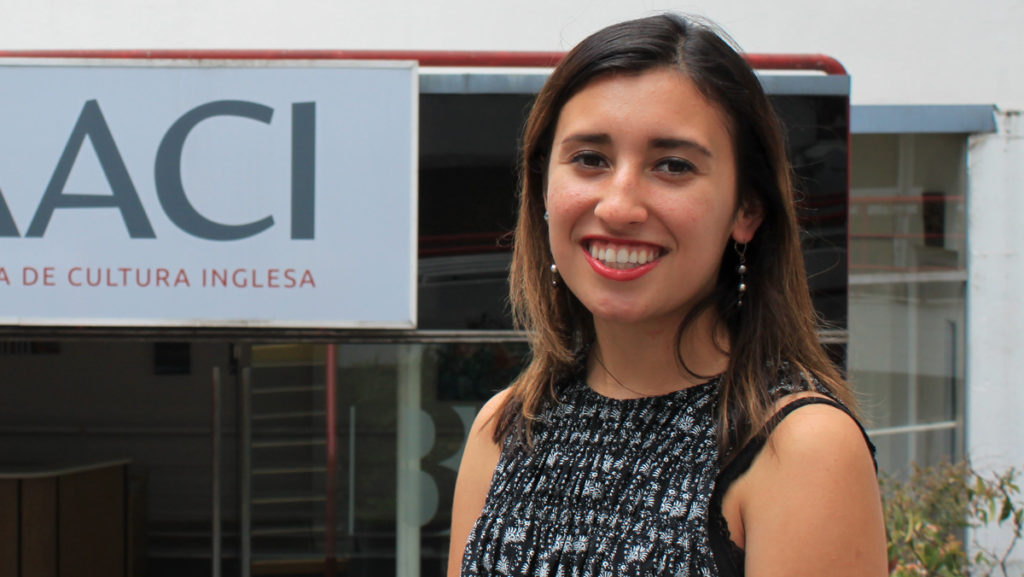On January 21, 2017, I was in Washington, D.C., covering the Women’s March on Washington, watching as one of the largest single-day demonstrations in U.S. history flooded the streets below. It was a surreal experience to feel that kind of energy and momentum, and one that I had no idea I would be doing all over again so soon, this time halfway across the world.
On International Women’s Day on March 8, just a little over a year later, I found myself in Pristina, Kosovo, the second-newest country in the world after South Sudan. Gaining independence in 2008 after a long and challenging path to statehood, Kosovo is still in the process of building its own national identity and dealing with its complicated relationship with bordering Serbia. Part of my program in the Balkans entails a weeklong trip to Pristina, Kosovo’s capital, to study this contested past, present and future.
Despite wartime scars — burned–out buildings and crumbling schoolhouses — on the streets of Kosovo, youth is visible. About 70 percent of Kosovars are under the age of 30, and this energy is palpable‚ especially when it comes to political demonstrations.
After spending a week learning about wartime Kosovo in the ’90s, I was most intrigued by the role that female organizers played at the forefront of civil resistance efforts during that time, especially in a part of the world stereotyped as patriarchal. They organized “parallel” schools to educate children when the government of the rump state Yugoslavia oppressed them and preached civil resistance to the violent conflict.
And the energy from the 1990s has translated to now. Hundreds of women took to the streets in Pristina on International Women’s Day, marching to reclaim the holiday and use it to shed light on gender inequality in a country where more than 55 percent of women are unemployed and only 30 percent of public posts are held by females.
Traditionally, International Women’s Day is a celebration in Kosovo where people gift women flowers to feel appreciated and loved, a local student explained to me. But this year, the Kosovo Women’s Network and other organizations protested the event using the slogan “Marshojme S’festojme” — Albanian for “March, Not Celebrate” — to show how much work there is still to be done in achieving equality.
As I was on the ground, reporting again, women proved themselves to be a force to be reckoned with. I was struck with the universality of the struggle that I so often find myself thinking about in my own bubble: a lack of representation, the wage gap, workplace sexism. The fact that in my short career as a journalist, I have found myself in two capital cities as women flooded the streets and demanded to be heard created a bittersweet kind of déjà vu.
I flitted through the crowd, armed with my phone and a camera, joining different women on their march and documenting their stories for a school assignment. One female student that was marching referenced the climbing domestic violence rates — over 68 percent of women in Kosovo report experiencing domestic abuse in their lifetime. Another female student marching tossed her gifted flower aside and said, “We want rights, not flowers.”
There’s something powerful about a common thread, a full-circle experience. Despite the underlying injustice and anger that fuels these kinds of movements, I can’t help but look out into the sea of women on the streets and think, how can we not change things?
It was the same feeling that invigorated me after speaking to women all the way from rural Ohio to urban Manhattan at the Women’s March in D.C. — women that seemed diametrically different, yet the common thread proved strong. In Kosovo, the context may be different but the message is the same: until women receive equality, we “march, not celebrate.”






